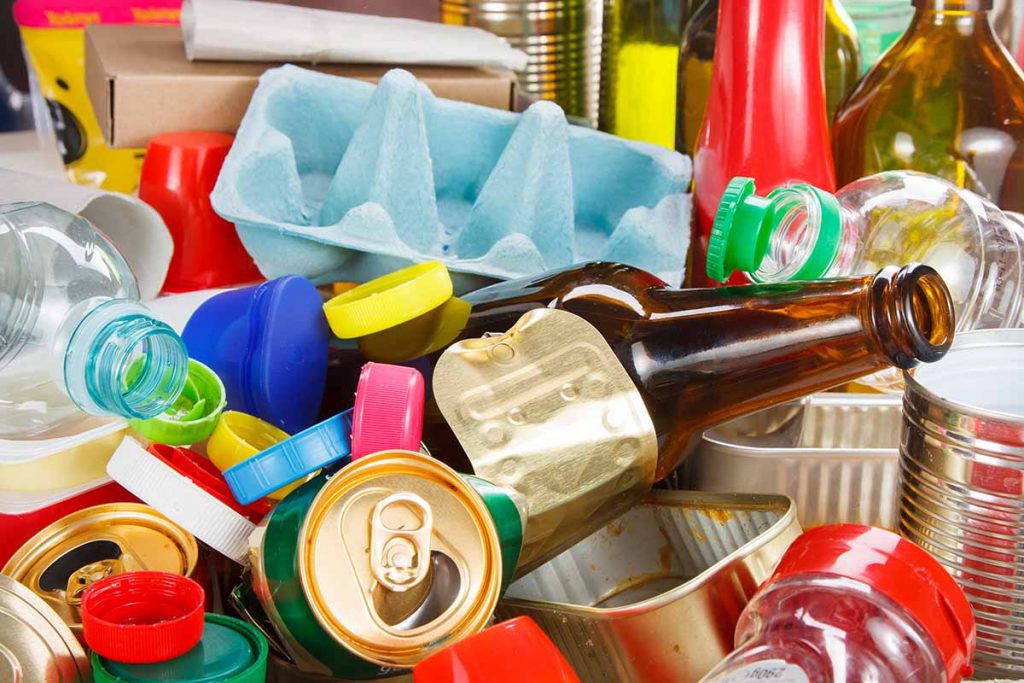
Research looking at Europe found EPR programs that set material-specific targets will likely increase recycling rates. | Evan Lorne/Shutterstock
Recently published research helps inform the producer responsibility debate in the U.S. by looking at past outcomes in Europe.
The National Waste and Recycling Association (NWRA) and Eunomia Research and Consulting released a study of established extended producer responsibility (EPR) programs to help educate decision-makers on the efficacy of specific policies.
“Challenges with recycling have resulted in increased efforts to pass legislation at both the federal and state level advocating for EPR,” a NWRA press release said. “While well-intentioned, many of these bills fail to address the root of the problems and also overlook existing recycling programs and their achievements.”
The NWRA study looked at four expected outcomes of EPR programs based on existing programs in Germany, Italy and France: increases in recycling rates, recycled-content usage, design-for-recycling practice and the market value of collected packaging scrap.
It found that EPR programs that set material-specific targets will likely increase recycling rates. It also found no evidence that EPR programs, as currently designed and implemented in the three countries, have led to the use of more recycled content, as it was not a specific part of many countries’ programs.
As far as increasing design-for-recycling practices, the report found that France introduced eco-modulation to support design for recyclability and its recycling rate has steadily increased compared with Germany’s, but Italy’s rate has increased by more than France’s without eco-modulation. Eco-modulation is a concept that both penalizes companies for using less-environmentally friendly materials or processes and rewards them for using better ones.
“There is no definitive data that shows that EPR results in increased design-for-recycling of packaging,” the report said.
And there was no data available to assess whether EPR programs increased the market value of collected packaging scrap, the report found.
“EPR in Europe to date has not been designed to drive use of recycled content or design for recyclability and it is only now that measures are being built into programs to do so,” the report said.
More stories about EPR/stewardship
- Canadian PROs join forces to align design guidance
- Diversion Dynamics: Policy needed to reach full charge for vape recycling
- CAA, Recology open first drop-off hard-to-recycle site